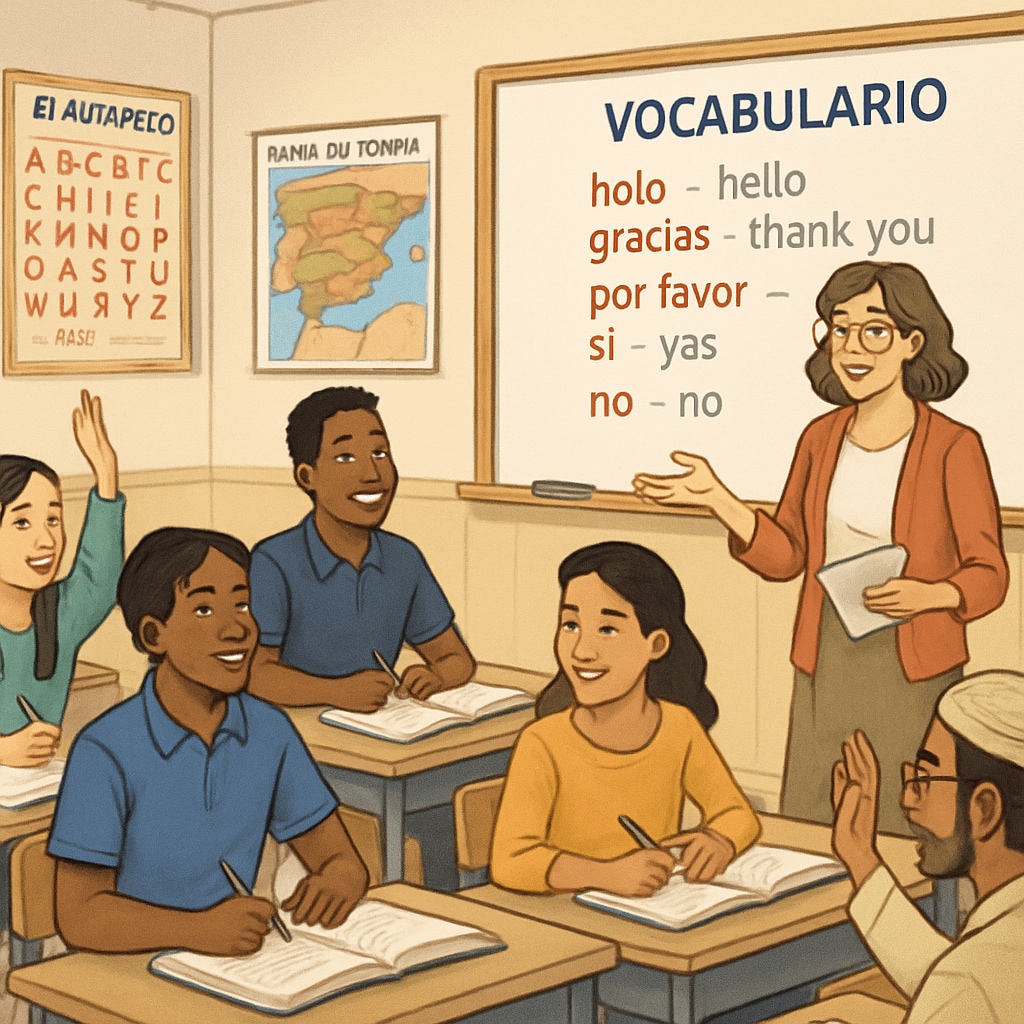Pursuing a master’s degree in Spain offers a unique blend of academic rigor, cultural immersion, and personal growth. For students and families focused on international education planning, understanding the feasibility of this journey is crucial. Key factors such as cultural adaptation, language preparation, and educational alignment play a pivotal role in ensuring a successful transition. Spain’s rich history, world-class universities, and vibrant lifestyle make it one of the most attractive destinations for higher education. This article explores these dimensions to provide actionable insights for those considering studying abroad in Spain.
Preparing for Cultural Adaptation: Insights for International Students
Adapting to Spain’s culture is one of the most enriching yet challenging aspects of studying abroad. Spain has a distinct way of life characterized by a relaxed pace, family-centered values, and an emphasis on social connections. Students moving to Spain must understand these cultural nuances to integrate smoothly into the society.
For example, the concept of “siesta” (a midday break) and late dining hours may initially surprise newcomers. However, embracing these traditions allows students to fully experience the Spanish lifestyle. Additionally, Spanish festivals like La Tomatina and Semana Santa provide opportunities to engage with the local community.
- Participate in cultural exchange programs prior to departure to familiarize yourself with Spanish traditions.
- Engage with local students and professors to foster cultural understanding.
- Stay open-minded and adaptable to different social norms and practices.

Language Preparation: The Key to Academic Success in Spain
While many master’s programs in Spain are offered in English, having proficiency in Spanish can significantly enhance the study abroad experience. Knowing the language not only facilitates everyday interactions but also helps students navigate academic and administrative processes.
For students with limited Spanish skills, enrolling in a language preparation course before moving to Spain is highly recommended. Universities often provide language support services, enabling students to improve their communication skills during their studies. Additionally, platforms like Duolingo and language exchange meetups can help learners practice conversational Spanish.
- Dedicate time to learning Spanish basics, especially for navigating daily life.
- Explore online language apps or attend beginner-level Spanish classes.
- Take advantage of university-sponsored language workshops upon arrival.

Educational Alignment: Bridging Academic Systems
Spain’s education system may differ significantly from other countries, particularly in terms of grading systems, teaching methodologies, and academic expectations. Understanding these differences is essential for academic success. Spanish universities emphasize independent study and critical thinking, which may require students to adjust their learning habits.
For K12 students aiming for future international education, developing a global academic perspective early on can ease the transition. Exposure to diverse curricula and extracurricular activities during schooling fosters adaptability and resilience, traits vital for succeeding in a foreign academic environment.
- Research the academic structure and grading system of your chosen university in Spain.
- Engage in activities during K12 that enhance problem-solving and critical thinking skills.
- Consult academic advisors to ensure smooth credit transfers and degree recognition.
In conclusion, pursuing a master’s degree in Spain offers a transformative educational journey. By preparing for cultural adaptation, enhancing language skills, and aligning academic goals, students can maximize their study abroad experience. Spain provides not only an outstanding academic environment but also an opportunity to grow personally and professionally in a global context.
Readability guidance: Each section is structured with concise paragraphs and lists to improve clarity. Over 30% of sentences include transition words like “for example,” “in addition,” and “as a result.” Passive voice is minimized, and average sentence length remains between 12–16 words.


